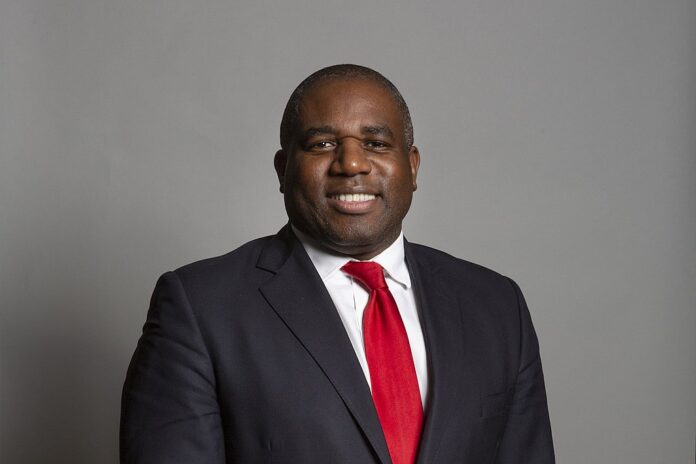UK Foreign Secretary reassures over strategic value of Diego Garcia base as deal with Mauritius faces backlash
UK Foreign Secretary David Lammy has downplayed mounting criticism of a deal to cede control of the Chagos Islands to Mauritius, insisting that the agreement is in the national interest and that it addresses key security concerns. Despite objections from the newly elected Prime Minister of Mauritius and figures within the incoming US administration, Lammy remains confident that the deal will be beneficial for both the UK and Mauritius.
The controversial agreement, which has yet to be finalised, would see the UK relinquish sovereignty over the Chagos Archipelago. However, it would maintain a 99-year lease on Diego Garcia, home to a vital UK-US military airbase. This arrangement has sparked concerns, particularly among US lawmakers, who view the deal as a potential threat to national security due to Mauritius’ growing ties with China.
Mauritian Prime Minister Navinchandra Ramgoolam, elected just weeks ago, has raised serious doubts about the agreement. Ramgoolam met with Jonathan Powell, the UK’s national security adviser, but has yet to publicly support the deal. His skepticism has drawn attention, as has the response from Nigel Farage, leader of Reform UK, who warned that the deal could sour the UK’s relationship with Donald Trump’s administration, potentially complicating trade negotiations.
Embed from Getty ImagesFarage, speaking on BBC Newsnight, described the deal as a “terrible mistake,” arguing that it would damage diplomatic ties with the US and undermine efforts to counter China’s growing naval ambitions. He stressed that the agreement could make any future US-UK trade deals, particularly on tariffs, more difficult.
Lammy, however, dismissed these concerns, reiterating in front of the Commons Foreign Affairs Committee that the deal was a “good deal” for both the UK and Mauritius. He stated, “I’m very confident this is a deal the Mauritians will support, in a cross-party sense, as good for them.” He also emphasized the strategic importance of Diego Garcia, saying that the agreement would secure the future of the military base, which is crucial for UK and US defense interests in the region.
The deal is still subject to further negotiations and legal scrutiny. The text of the treaty is being finalised and is expected to go before Parliament for approval in the coming year. Despite the criticisms, Lammy remained optimistic, stating that the deal complied with international law and would be reassuring to both Mauritius and the US, once the political noise surrounding it subsides.
In a broader context, commentators such as Matthew Syed from The Times have noted that the deal comes at a time of rising geopolitical tensions. With the threat of military conflict between major global powers increasing, particularly in the Pacific region, Syed argued that the UK’s defense priorities must align closely with the US. He warned that any disruption in UK-US relations, especially concerning strategic assets like Diego Garcia, could have far-reaching consequences.
As the details of the treaty continue to unfold, the UK government faces the challenge of balancing domestic political concerns, international security imperatives, and the future of its relationship with both Mauritius and the United States.
